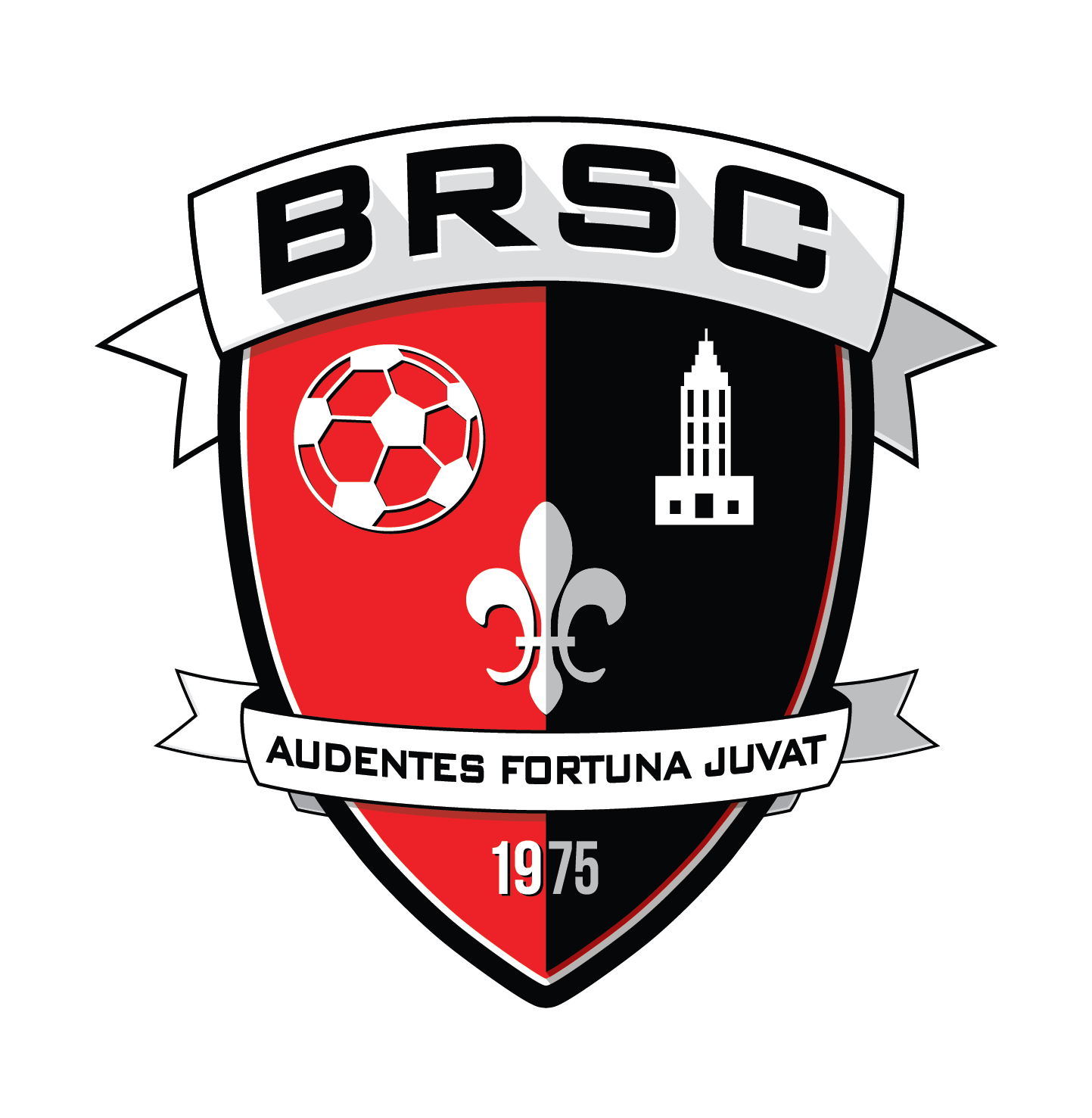Steps for Success
1. MONITOR YOUR ACADEMICS
2. FOLLOW A TIMELINE
3. DEFINE YOUR SCHOOLS OF INTEREST
4. REGISTER WITH THE NCAA ELIGIBILITY CENTER
5. CREATE A RECRUITING VIDEO
6. HOW TO CONTACT COLLEGE COACHES
7. ATTEND COLLEGE SOCCER CAMPS
8. MAKING A FINAL CHOICE

Monitor Your Academdics

As soon as a student-athlete enters high school, it is crucial to monitor academics closely even though the idea of going off to college seems like it’s a long way off. It is essential to understand that the work done in the classroom gives student-athletes the most opportunity to excel beyond high school at a school of their choice. It is also imperative to consider that student-athletes take classes in their freshman year of high school that directly affect their NCAA eligibility.
Because eligibility standards continue to evolve, it's up to the athlete to be sure that their schedule of classes will fulfill the NCAA core course requirements. This should be done with the assistance of the school's guidance counselor. Starting August 1, 2013, there was a change in the Division II eligibility standards falling into line with Division I in terms of the number of core courses required to be eligible. Both Division I and II now need 16 core courses to be able to play in their first year at an institution.
There was also a recent change, August 1, 2016, for athletes needing to maintain a minimum of a 2.3-grade point average to be eligible for Division I participation, with Division II requiring a GPA of 2.2. The SAT and ACT continue to be in flux on the writing section of the test are mandatory for eligibility. View the NCAA Freshman-Eligibility Standards Quick Reference Sheet for information in these areas.
Official test scores are no longer accepted from high school transcript. Instead, test scores are to be sent directly from the testing agency (use code “9999” to request ACT or SAT scores). The best way to make sure you meet all requirements is to schedule an appointment with a high school guidance counselor to ensure your course schedule is in-line with the approved high school core course list. It is essential to have a meeting with your high school guidance counselor each year to be sure that you are staying on track with your academic course schedule.
Define Your Schools of Interest
With so many schools to choose from, determining which schools make sense for you is a process that can sometimes be overwhelming. The goal is to create a list of schools that closely fit your academic needs, lifestyle preferences, and athletic potential.
An effective way of narrowing down your options is to select 4-6 universities/colleges that fall into each of the categories outlined below:
a) Universities/Colleges you would dream of attending
b) Universities/Colleges that are realistic options for you
c) Universities/Colleges that are “Plan B” or back-up to the options listed in your first two categories.
The earlier you are in the recruiting process, the more schools you should have in each category. There is likely to be some overlap between the first two sections. As you move further along in the recruiting process, you should be able to identify 2-3 schools in each category that are top selections. You may also want to read Choosing a School as a guideline for choosing the type of program appropriate for your skills and experience.
Research Schools of Interest
It is essential at all times to make informed decisions in selecting schools of interest and narrowing those schools down into a list of prospects. With the internet and a multitude of resources (college guides, magazines, college rankings) available, there is plenty of information out there – the question is – where do I start?
Focus your research by collecting or reading information related to the following:
- Academic Athletic Size Location Cost
- Available Scholarships
It is essential to be sure the school is a good fit academically and in terms of size, scope, location, etc. Visiting the school’s main page (outside of athletics) provides valuable information, and you can often see virtual tours and other online resources that provide additional information about the school.
For athletics information, visit a school's athletic website to find out the head coach or assistant coach to contact. This information may not be listed on the Men’s or Women’s soccer pages directly but is usually in the Athletics Directory or Department Directory on the athletics page.
Be sure to read through some of the articles on the Men’s or Women’s soccer websites to gain an understanding of which positions a program may be recruiting, how successful the program is, the competition, which conference they play in, and how much travel you can expect.
Another valuable resource is to talk to current and former players at that university. You can get player referrals directly from the school, or perhaps search athletes who've played at the university on social networking sites such as MySpace and Face book. Contact those players and explain that you're interested in attending their alma mater and ask if they have any tips or information about the program. This is a great way to hear the experiences of former players and to gain information that is not on the website.
Register the NCAA Eligibility Center
Formerly the NCAA clearinghouse, it is now the NCAA Eligibility Center, and students must register to validate their status as an amateur athlete.
The registration process is relatively simple; the fee is $50 and requires a Social Security number. Athletes should be sure to register by their Junior Year. For more detailed information, view the NCAA ELIGIBILITY CENTER and OTHER RESOURCES posted to the Athletes Resources regarding the NCAA Eligibility Center.
Create a Video
The recruiting video is an impactful way an athlete can attract the attention of coaches at the university level. The reality of recruiting in soccer is that college coaches attend showcase events, and at those events, they have a schedule of games that they aim to see in a day, many of those games happening at the same time. A college coach may only be watching a game at a showcase event for half the game, or sometimes even less, 15-30 minutes.
The reality is that getting exposure to coaches is tough, given the limited number of events, and the nature of showcase events, where you may only have a few minutes to showcase your playing ability.
Video is a great way to spark interest from college coaches. Rarely, will a college coach decide on a player from their video alone; however, it is often the first step in generating interest and having that coach come out to watch you play. Keep your video short, simple, and as professional-looking as possible.
After creating your video, it is essential to consider that sending a DVD of your video to college coaches nationwide can be not only costly but also a cumbersome process. On the receiving end, players are inundating college coaches with videos daily, many of which are not opened and viewed immediately, if ever.
How to Contact Coaches
With the recruiting process beginning earlier each year, it's probably a good idea to start contacting coaches in the summer before your sophomore year. The reality is that many coaches prefer to be contacted electronically merely because it allows them to keep a record of your contacts, and to refer back to emails for showcase games and schedules.
Sending an email with a brief introduction (2-3 lines), a description of your strengths (2-3 lines), and a schedule to your upcoming games and showcases keep emails short and to the point (which busy coaches like). Always make sure that you spell names correctly, and show some interest in the program (perhaps including congratulations on a recent match result, or wishing them luck in upcoming matches).
Include a copy of your recruiting video or a link where they can view your video. You should also send a recruiting resume. Be sure to add details such as stats, honors, academic data, and contact information for your club coaches and high school coaches.
After sending an email with the information outlined above, it also makes sense to contact the coach by phone to follow up. It is an excellent policy to have the athlete contact the coach directly; coaches prefer to hear from players (and not parents claiming their child is the next Mia Hamm or David Beckham). This also allows coaches to get to know players on a personal basis and enable young athletes to take ownership of the recruiting process. Writing down some questions to ask before making the phone call is a useful way to stay on track during the conversation and ensure that athletes get essential information out of their phone calls to coaches.
Attend a College Soccer Camp
Summer Soccer Camps generally serve two different functions: to assist an athlete get better and to help an athlete get noticed. For your top choices in schools (that you believe you can realistically attend), signing up for their summer soccer camp is a great way to get additional exposure throughout an entire week of training, Camps are also a great opportunity for players to interact and get to know the soccer coaching staff.
If you do not have a relationship or an established rapport with the institution before attending camp, the chances of getting recruited solely through the camp process are small (less than 5%). However, the networking and experience of specific camps is an important consideration, even though they may not get recruited to that particular school. A player may not get an offer from Notre Dame by merely attending one of their camps; however, this doesn't mean the coaches running the camp can't point you toward an opening at a different university (or theirs).
To choose the camps that make the most sense, you must consider what result you would like to come from the camp experience. If you have an established rapport with the institution, a benefit of the additional exposure through their summer camp could be a college scholarship offer or other recruiting interest. If you do not have an established rapport with an institution, try to attend some of the largest camps from the top universities. Often those camps employ several college coaches on their camp staff from other universities, providing you with the best chance at exposure throughout the camp week.
Make a Choice
There are many considerations when making a choice for university/college and narrowing down a list of interested schools to the one that is right for you.
For most parents and athletes, financial considerations coming from the institution is a factor. For those that are of a certain level of ability, scholarship money may be available. Many get caught up in the "needing a full-ride" idea. There are very few athletes that get a full scholarship. Those that do are usually in the national pool or from overseas. However, that does not mean that scholarships, when offered at any level, should be considered unacceptable. Many schools will look at the financial aid packages that students are getting. Some of these are money the athlete does not have to repay, which are called counters by many coaches. If your student-athlete is of that level, coaches may combine scholarship with that counter. For instance, if financial aid covers .3 of the overall cost of the education (the counter), a coach may offer a partial scholarship to cover more expenses. This can lead to a much more workable financial situation for the parents.
For others, it will be a question of possible playing time on the next level. Do you have a good chance of playing in the starting lineup as a freshman? Is that more likely in your sophomore or junior year? If you're a forward, and they've already got two underclass forwards in front of you, there might be better places for you to pursue your higher education and collegiate athletic career.
There is no formula to make a decision that is right for you. Make sure that you have visited the school, done plenty of research, have an established relationship with the coaching staff, and that you have made your decision based on the university/college for all that it offers, not just athletics. The collegiate experience that each school has to offer is the most important consideration – the opportunity for academic, athletic, and personal development must be considered equally in making a decision.

